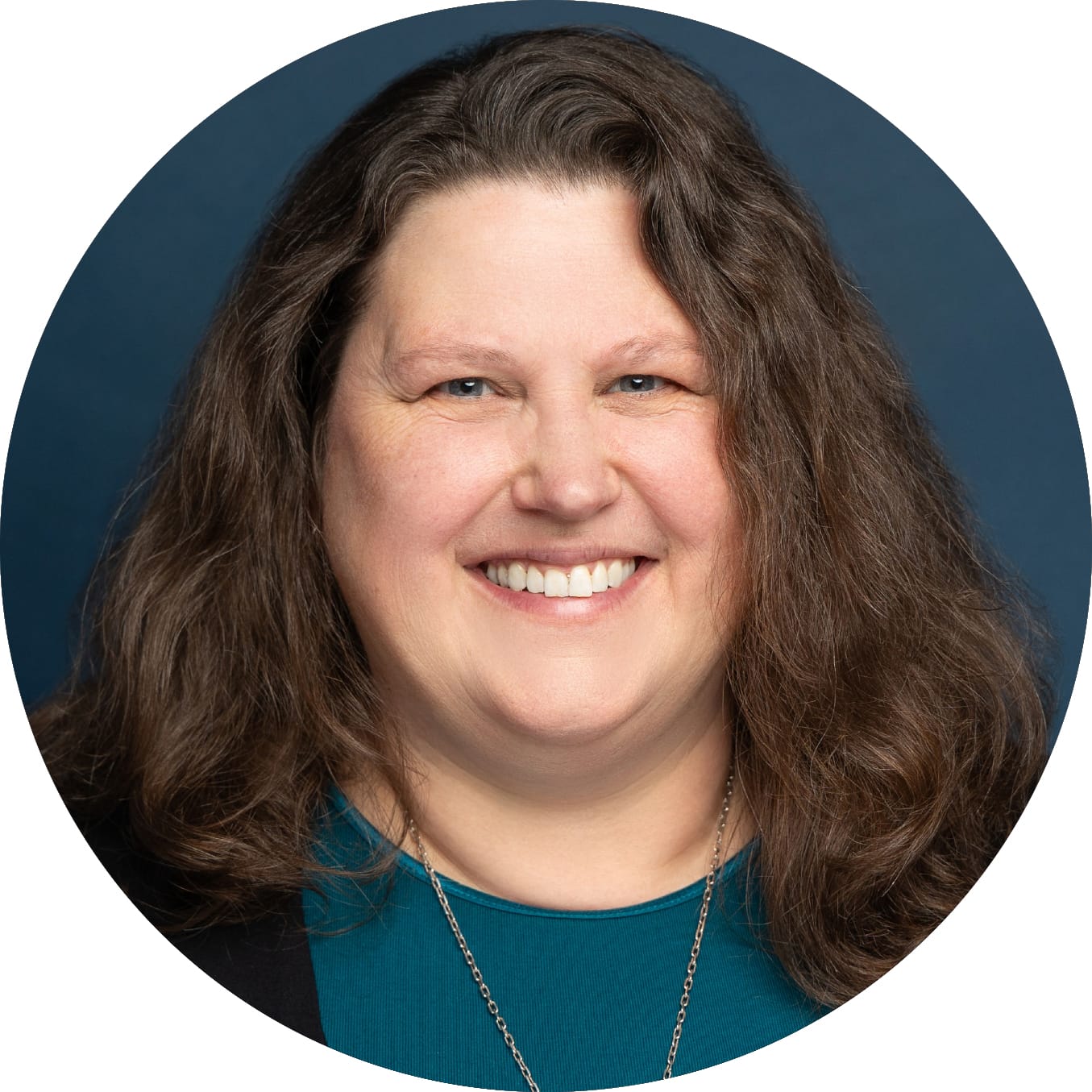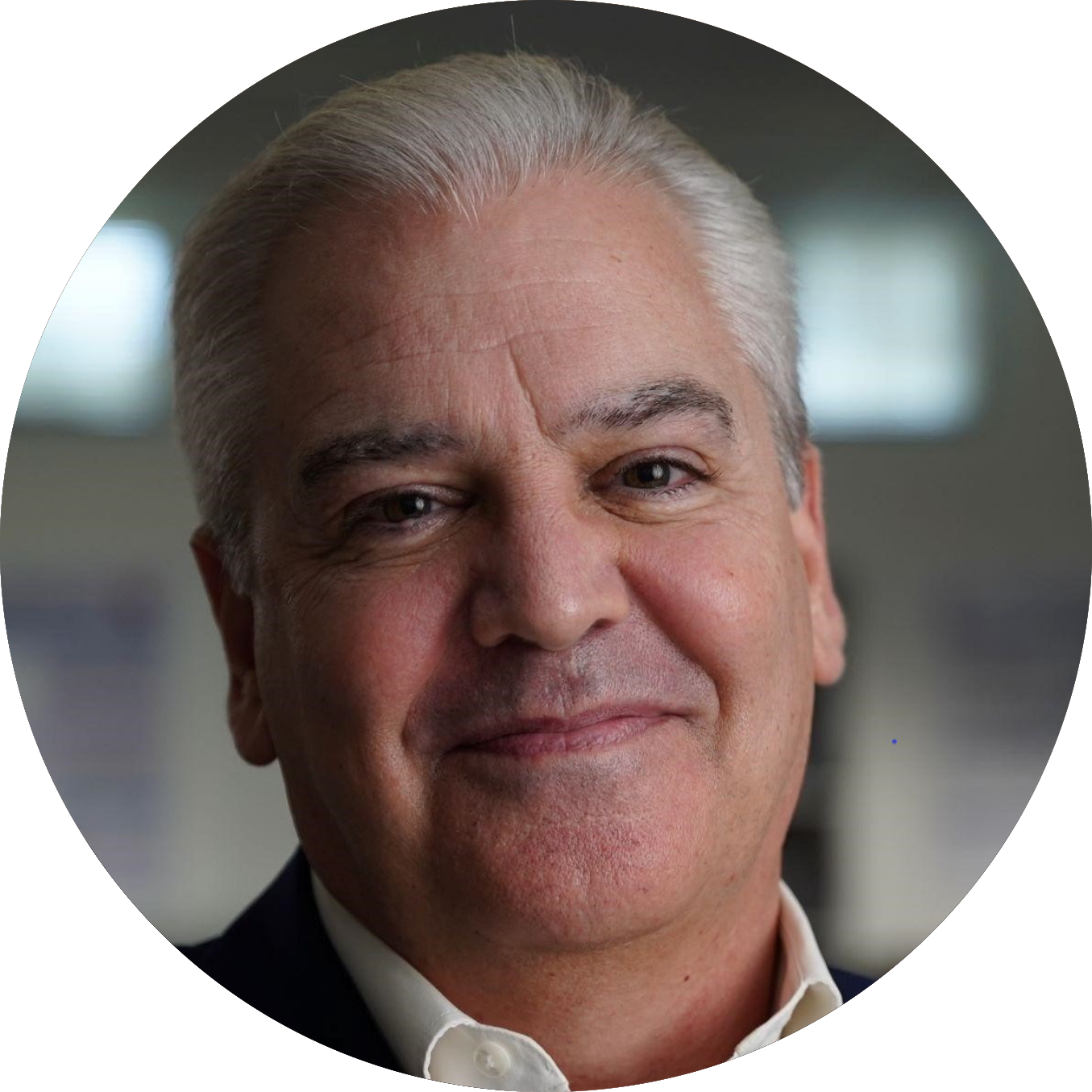Improving Outpatient Suicide Treatment, a Better Alternative to EDs and Hospitals
In a 2021 proclamation, President Biden stated “My Administration is committed to advancing suicide prevention best practices and improving non-punitive crisis response.” This and other mandates for suicide care have come from the Joint Commission and system change recommendations from national Zero Suicide programs. Because of these efforts there has been substantial expansion of suicide screening and assessment as well as safety planning, but treatment has lagged behind. As a result, patients and families are often referred to the emergency department even when an outpatient intervention is better suited to their immediate needs. This approach results in overwhelmed systems and negative experiences for patients and providers. The new Suicide Care Research Center at the University of Washington is working to improve the design and delivery of suicide specific care in outpatient medical settings, so they are effective, feasible in busy clinic environments and supportive of adolescent and young adult (AYA) patients, their providers, and their families. This presentation will highlight the need for a paradigm shift in suicide care, describe our innovative integration of human centered design and optimization in the development of new interventions, and showcase some example interventions and interventions under development.

Kate Comtois, PhD, MPH
Kate Comtois, PhD, MPH is a professor and clinical psychologist in the University of Washington Department of Psychiatry and Behavioral Sciences and director of the UW Center for Suicide Prevention and Recovery (CSPAR) and the Suicide Care Research Center (SCRC) – an NIMH-funded practice-based research center. Dr. Comtois’ career is dedicated to promoting the recovery of individuals experiencing suicidal thoughts and behavior and the effectiveness and resilience of the clinical staff and families who care for them. This is the focus of her clinical work and training as well as her health services, treatment development, clinical trials, and implementation research.

About David A. Jobes, PhD, ABPP
David Jobes, PhD, ABPP, is the founder of CAMS-care, LLC. He began his career in 1987 in the Counseling Center of the Catholic University of America, where he developed a suicide risk assessment tool for college students that evolved into an evidence-based treatment, CAMS, recognized by The Joint Commission, Zero Suicide, and the CDC. A 2021 meta-analysis of 30 years of research shows that CAMS is a “Well Supported” intervention for reducing suicidal ideation per CDC criteria. Dr. Jobes is a Professor of Psychology and Associate Director of Clinical Training at Catholic. He has trained thousands of mental health professionals in the United States and abroad in evidence-based assessment and treatment of suicide risk and the use of CAMS.